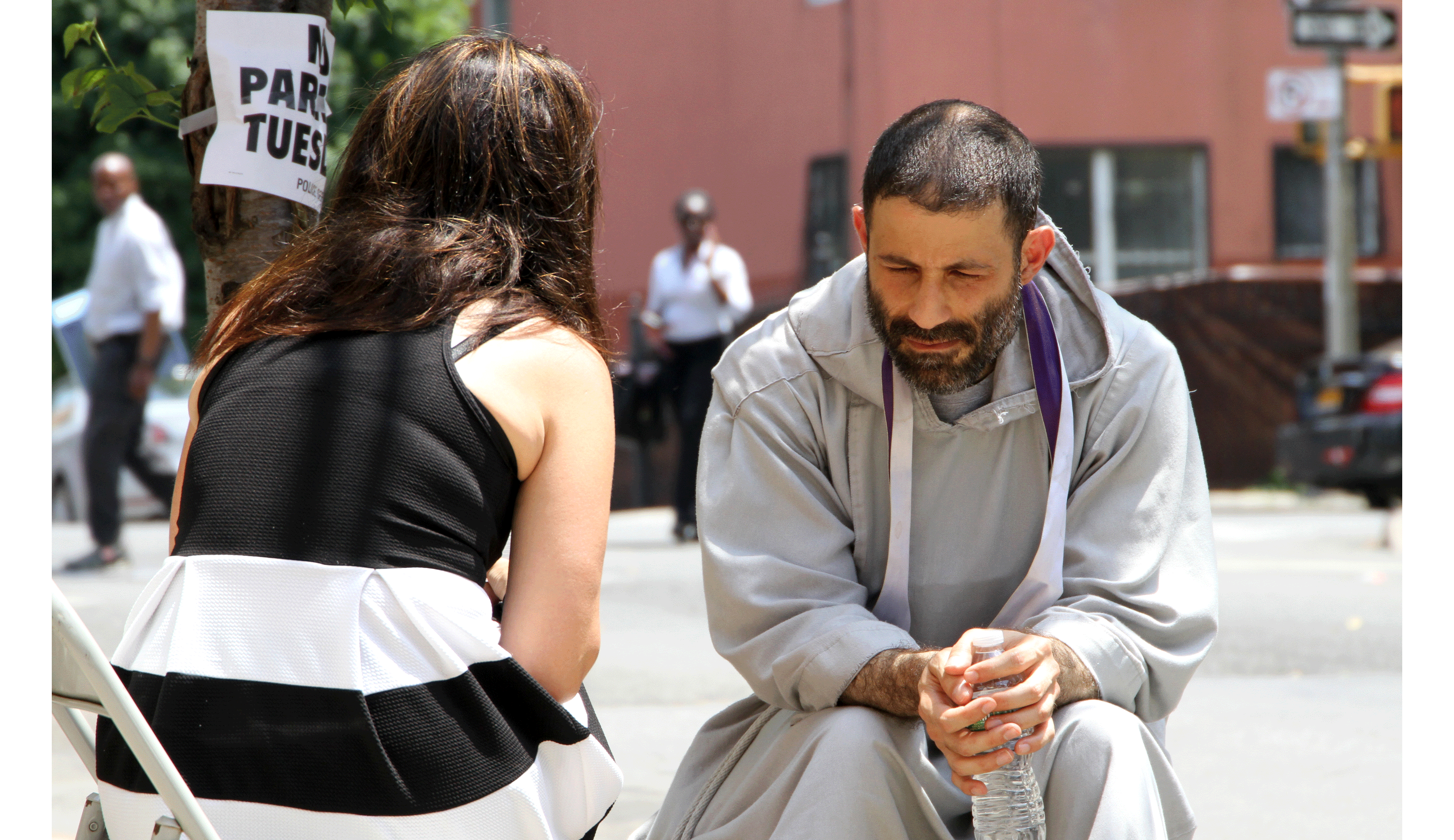The seven deadly sins are pride, covetousness, lust, anger, gluttony, envy, and sloth.
Taken together they contain all of the Bible’s principles, commandments and sins in condensed form, says Father Robert J. Spitzer, S.J., president of the Magis Center and the Spitzer Center.
Fr. Spitzer is president of the Magis Center of Reason and Faith, a nonprofit organization dedicated to developing educational materials on the complementarity of science, philosophy, and faith. He is writing a book on using virtue and prayer to contend with sin. Now in draft form, his book explains how the seven deadly sins remain relevant today.
Meaning and use
The world’s great authors, such as Shakespeare, Dickens, Tolstoy and Fitzgerald, have used the seven deadly sins as central themes of tragic dramatic literature, narratives and plays, Fr. Spitzer notes.
“Wherever we see restless hearts, human discontent, bias, disrespect, marginalization, oppression and every form of injustice and hatred,” he writes, “there we may also see the seeds of the seven deadly sins – the interior attitudes that form the heart of darkness and the antithesis to generosity, compassion and self-sacrificial love.”
No. 1: Gluttony (including drug and alcohol addiction)
Gluttony is destructive because it can lead to extreme declines in health, family life, work performance and social efficacy, he says. “The stronger the addiction and habit, the more difficult it is to break, and the more destructive it will be for oneself and others,” Fr. Spitzer adds. It isn’t gluttonous to enjoy a fine glass of wine or a luxurious meal, he notes. It is when one becomes addicted to the euphoric effects of alcohol, drugs and even food that it may be sinful.
No. 2: Greed (avarice)
Like gluttony, greed is grounded in excessive worldly desire, Fr. Spitzer points out. “Though greed does not cause physical addiction, it does cause psychological obsession to the point of being insatiable – so insatiable that one is willing to cheat, steal, defraud and exploit the vulnerable in order to obtain more material goods than one actually needs,” he says.
No. 3: Lust
Giving into one’s intense longings for sexual gratification is the root cause of infidelity, promiscuity, licentiousness, and in the contemporary world, sexual addiction, Fr. Spitzer writes. “As such, lust frequently is the cause of broken relationships, broken marriages, unsuccessful marriages, unsuccessful family life, and their deep and oftentimes devastating negative emotional consequences.”
No. 4: Sloth
Generally, sloth means being lazy, but in the Judeo-Christian tradition, sloth refers to spiritual apathy – a complete lack of concern for oneself, others, the community, the society and the Kingdom of God, Fr. Spitzer notes. “Unlike the other Deadly Sins that require tempering of our passions, sloth reflect that absence of passion – healthy passion coming from beliefs, convictions, ideals, principles, empathy and conscience.”
No. 5: Vanity
Vanity refers to excessive self-love and/or excessive desire to be loved and recognized by others, Fr. Spitzer writers. “If it is allowed to grow uninhibitedly, one will seek to become the central focus of attention in people’s lives – and if allowed to reach its ‘fulfillment,’ it will lead to self-idolatry where one will seek to replace God and family at that center.”
No. 6 Anger
Fr. Spitzer uses the many tragedies wrought in “Hamlet” as examples of the powerful negativity of anger, whether it is justified or unjustified. “Shakespeare’s tragedy validates the teaching of Jesus that anger, even when justified, frequently leads to needless pain, destruction, and death,” he writes. “In order to avoid it, we must take on the virtue – the good habit and discipline of forgiveness in imitation of Christ.”
No. 7 Pride
Pride refers to egocentricity that leads not only to self-absorption, but to the exclusion, neglect, and even derision of others, Fr. Spitzer writes. “One not only wants to be the center of attention and recognition but also inherently superior and even the center of power and dominion,” he explains. “It can be subtle (and sneakily Machiavellian) or exceedingly strong and self-delusional – even to the point of acting like a messiah (an anointed savior) or a demigod.”
What does this mean for us?
We fight against the same seven deadly sins as did our forefathers in the scriptures. Catholics who want to conquer the lure of these sins must withstand the lure of alcohol, drugs and food as well as the inherent faults of human nature, such as envy, vanity and anger.
Becoming a better person is part of becoming a better Catholic. When we meditate and confess our sins, seek understanding and forgiveness of others, and strive to do our best in every situation, we become better friends, employees, spouses and Catholics.
The spell of euphoria and the destructiveness of euphoric addiction are withstood by those who are educated and trained in the virtues of prudence, temperance (self-control), and fortitude, writes Fr. Spitzer. “When these virtues are combined with faith, they will have a remarkably effective shield to avoid pitfalls… and move to higher levels of meaning and purpose in life,” he notes.

